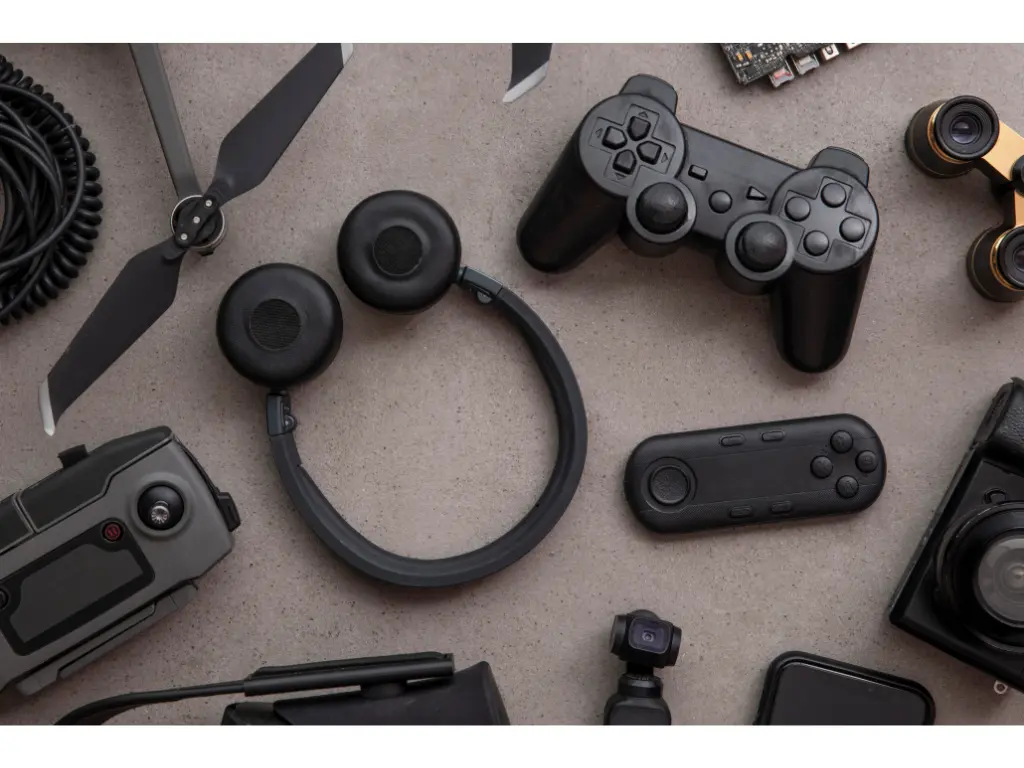News Details

Brazil opens consultation on new limits for hazardous substances in electronics
Brazil’s National Council for the Environment (Conama) has launched a public consultation on draft rules that would restrict the use of hazardous substances in electrical and electronic equipment. The move marks an effort to align domestic regulation with international standards and strengthen environmental and health protections.
Consultation process
The notice, published in the Diário Oficial da União, formally opened Public Consultation No. 9. Citizens, companies and organisations are invited to submit contributions through the federal Participa + Brasil platform. The consultation runs for 45 days, from 11 August to 24 September 2025.
Proposed restrictions
The draft resolution would prohibit the manufacture, import, distribution and sale of electrical and electronic equipment (EEE) containing certain hazardous substances above defined thresholds in homogeneous materials:
-
Polybrominated biphenyls (PBB): 0.1%
-
Polybrominated diphenyl ethers (PBDE): 0.1%
-
Mercury (Hg): 0.1%
-
Cadmium (Cd): 0.01%
-
Hexavalent chromium (Cr VI): 0.1%
-
Lead (Pb): 0.1%
-
Phthalates (DEHP, BBP, DBP, DIBP): 0.1% each
Transition periods
The proposal sets strict deadlines:
-
Immediate compliance for PBB and PBDE
-
180 days for mercury
-
Three years for cadmium, hexavalent chromium and lead
-
Four years for the four phthalates
Products already on the market before these deadlines would be exempt.
Exemptions and alignment with international rules
Temporary exemptions could be granted in cases where substitution is technically or scientifically impossible, unreliable, or would cause greater harm across a product’s life cycle. The ministry must publish an initial exemption list and define procedures for exemption requests within 180 days of the rule taking effect.
Renewal of exemptions would require advance requests, and officials are instructed to consider practices in jurisdictions with similar or stricter controls to ensure international harmonisation.
New registry and compliance duties
A National Register of EEE with Restricted Substances would be created, requiring manufacturers and importers to file a self-declaration of conformity before products are placed on the market. Declarations must accompany the product, on packaging or digitally, and companies would bear administrative and criminal responsibility for accuracy. Manufacturers, importers, distributors and retailers would have defined obligations, including providing documents in Portuguese, retaining records for five years, recalling non-compliant products, and ensuring traceability.
Labelling and enforcement
Products would need clear labelling in Portuguese for identification and traceability. Where relevant, they must also carry a symbol for selective disposal, supporting Brazil’s waste management and reverse logistics commitments. The environmental authority would be empowered to test products, require accredited laboratory reports, and impose penalties. Costs of testing, seizure and disposal would fall on the responsible companies.
List of substances
The restricted list may be updated every five years based on new scientific evidence, available alternatives and the precautionary principle.
Next steps
Once the consultation closes in September, Conama will analyse submissions before approving a final resolution. If adopted, the regulation would come into force immediately upon publication in the Diário Oficial da União.
We acknowledge that the above information has been compiled from CONAMA.

 Twitter
Twitter
